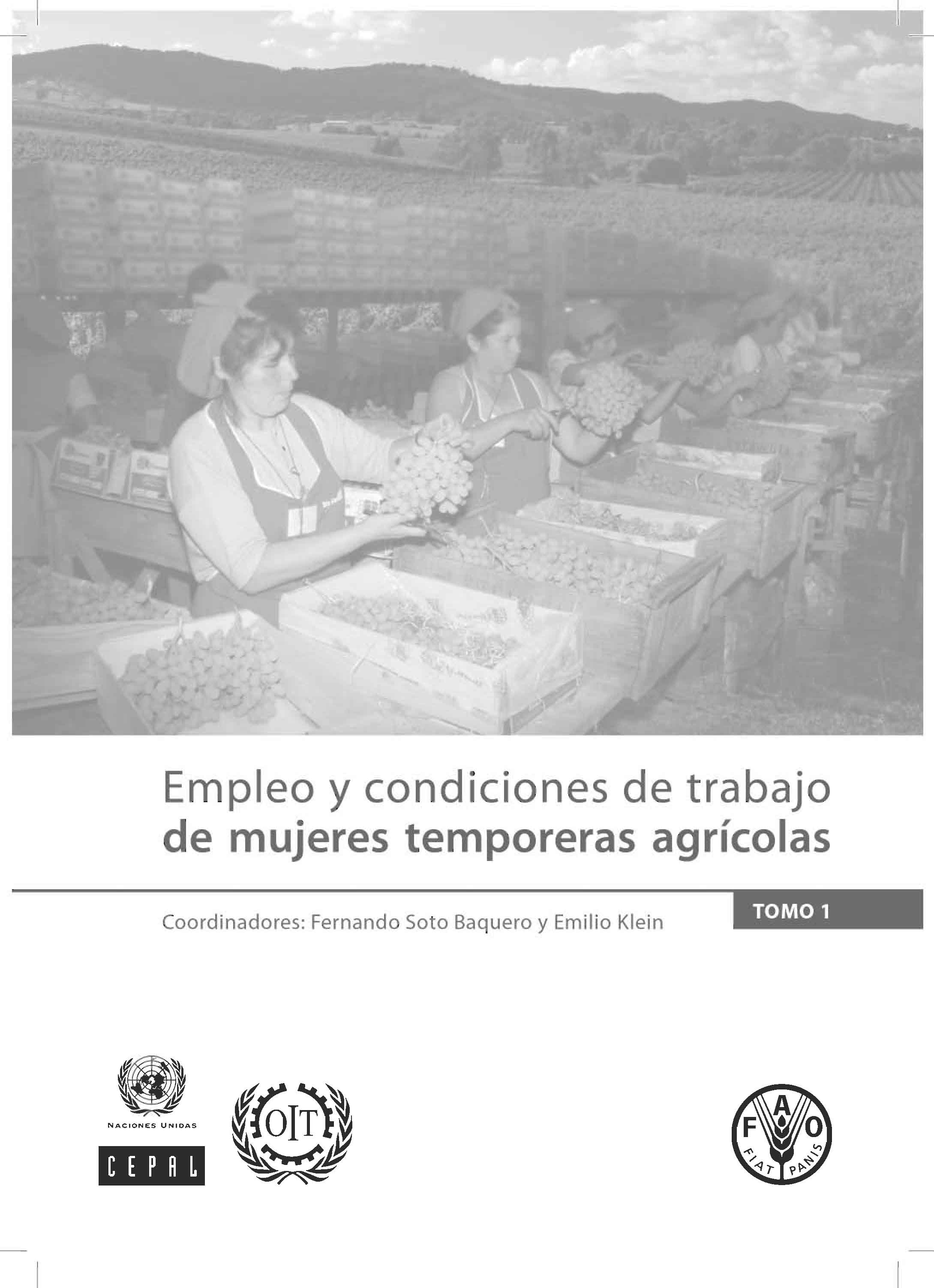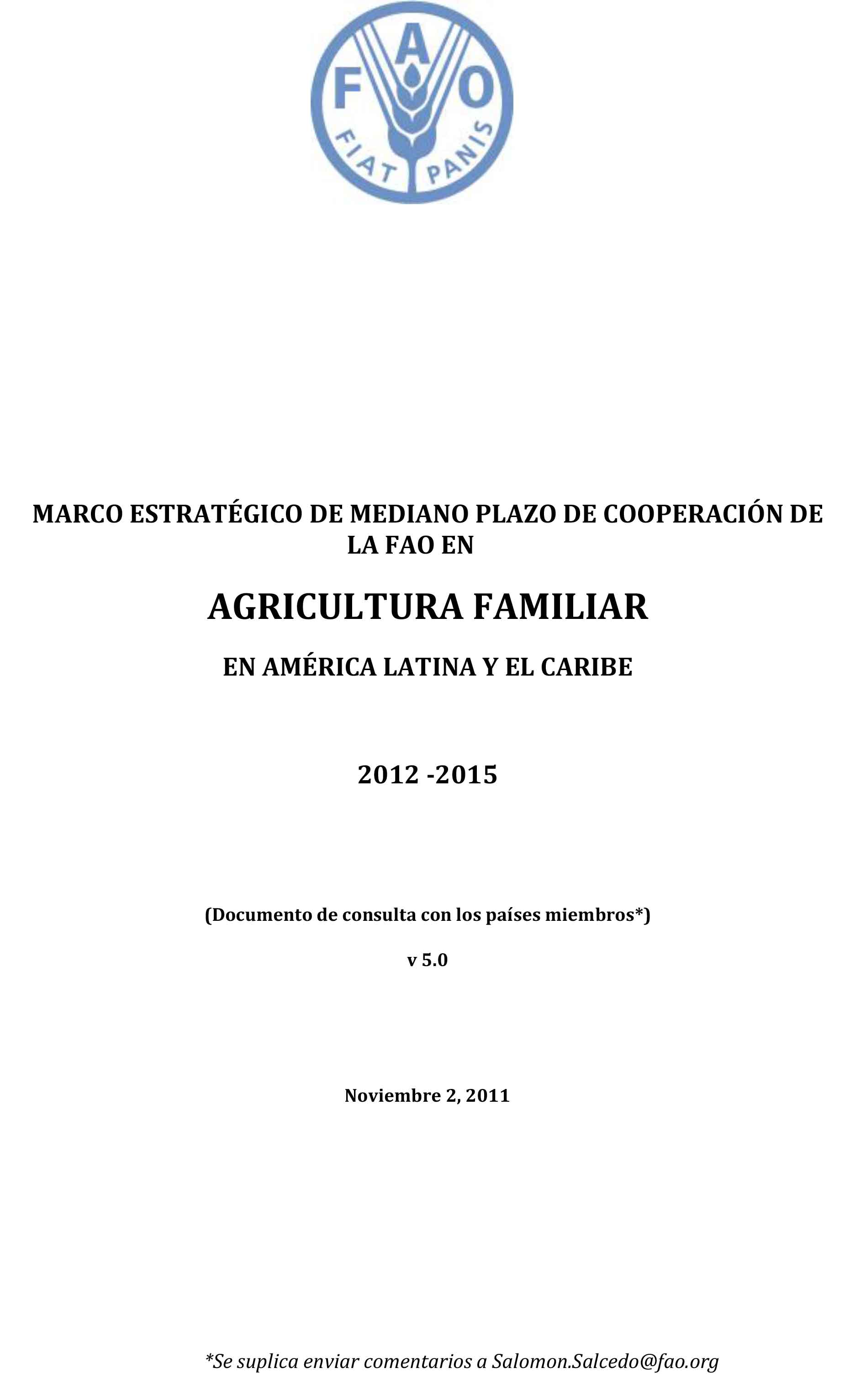Supply response of West African agricultural households: implications of intrahousehold preference heterogeneity
Traditional models of household economic behavior have portrayed households as unified entities. They assume that household members agree about decisions and share resources in the most equitable way possible. More recently, however, economists have come to view households as domains of difference, where multiple decisionmakers may have different preferences and, in many cases, control separate sets of resources. This new approach has greatly improved understanding of household resource allocation behavior.












